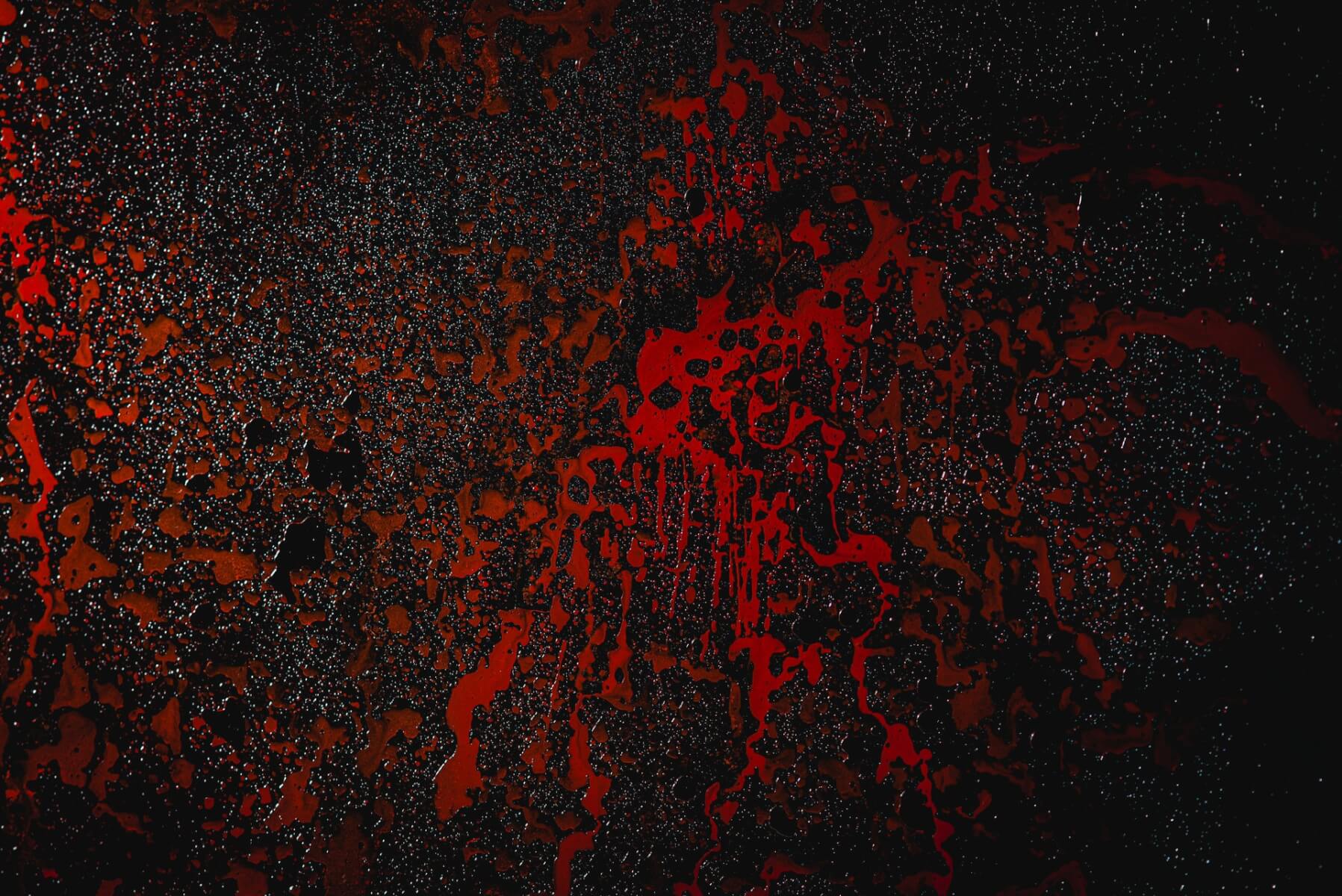In the Bible, the term ‘cud’ denotes food that an animal has previously consumed and then regurgitated. In the ancient times of Israel, as per the Old Testament, an animal’s act of chewing cud was an indicator of its purity.
Don’t worry, it’s not a drug.
Stop reading this if you’re eating or about to eat.
Cud is a pretty gross (and pretty random) Old Testament word study.
Mentions of Cud in the Bible
Cud is mentioned only in the Old Testament, referencing an animal’s cleanness:
“Whatsoever parteth the hoof, and is clovenfooted, and cheweth the cud, among the beasts, that shall ye eat. Nevertheless these shall ye not eat of them that chew the cud, or of them that divide the hoof: as the camel, because he cheweth the cud, but divideth not the hoof; he is unclean unto you. And bthe coney, because he cheweth the cud, but divideth not the hoof; he is unclean unto you. And the hare, because he cheweth the cud, but divideth not the hoof; he is unclean unto you. And the swine, though he divide the hoof, and be clovenfooted, yet he cheweth not the cud; che is unclean to you. Of their flesh shall ye not eat, and their carcase shall ye not touch; they are unclean to you.” (Leviticus 11:3-6)
“And every beast that parteth the hoof, and cleaveth the cleft into two claws, and cheweth the cud among the beasts, that ye shall eat. Nevertheless these ye shall not eat of them that chew the cud, or of them that divide the cloven hoof; as the camel, and the hare, and the coney: for they chew the cud, but divide not the hoof; therefore they are unclean unto you. And the swine, because it divideth the hoof, yet cheweth not the cud, it is unclean unto you: ye shall not eat of their flesh, jnor touch their dead carcase.” (Deuteronomy 14:6-8)
What is Cud?
Cud is regurgitated food an animal has already eaten and digested. So what, were they like cannibals and to be avoided? Not quite. In the Old Testament, “chewing cud” was typically a sign for a clean animal – but it also had to have clove foot (we’re talking cows here, not sea cows).
Animals in the Old Testament were either clean or unclean. Clean animals could be eaten by the Israelites, while unclean animals were to be avoided.
So this meant that the ox, the sheep, the goat, the hart, the gazelle, the roebuck, the wild goat, the pygarg, and the antelope were all clean. The camel, the rock-badger, the hare, and the swine were all unclean.
Why Does God Care About Cud?
The better question here is actually, “Why does God care whether the animals His people eat chewed the cud or not?”
Many of the laws of the Mosaic covenant just seem random, right? They’re so specific. At times, they seem silly and unnecessary.
But we know our God doesn’t play games. He isn’t vain or random.
Which is why we can almost always point to an underlying reason for these random commandments regarding cleanness and purity – usually an underlying reason that benefits His people or protects them.
In this case, we can assume animals with cloven feet probably didn’t have claws, which means they probably ate cleaner than predatory clawed animals.
And animals who chewed the cud were ruminating animals, meaning they didn’t move around very much. As gross as chewing the cud is, these animals mostly just ate grass and whatever was given to them.
So we can probably assume these animals had cleaner diets and were less likely to cause sickness or disease when eaten.
God cared about cud because He cared about the safety and health of His people.
Other Biblical Word Studies
- What is Fowl in the Bible?
- What is a Reed in the Bible?
- What is Dropsy in the Bible?
- What is a Sea Cow in the Bible?
- What is a Grove in the Bible?
- What is a Wave Offering in the Bible?
- What Does the Bible Say About Fortune Tellers and Tarot Cards?
- What is a Gourd in the Bible?
- What is an Ephod in the Bible?





